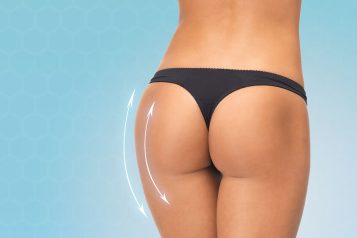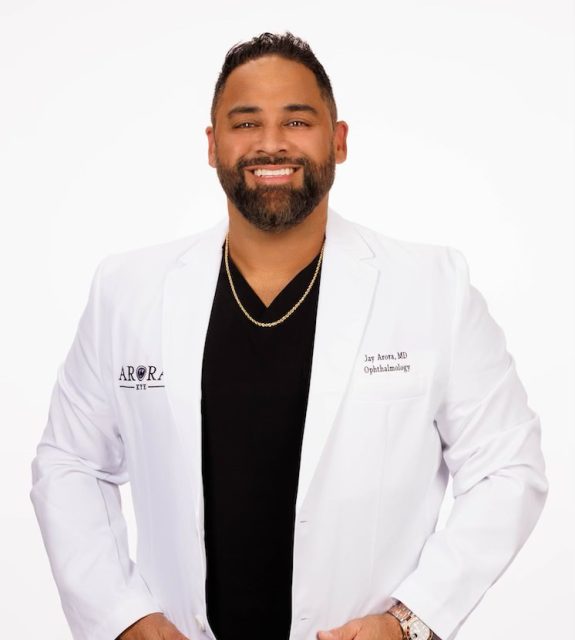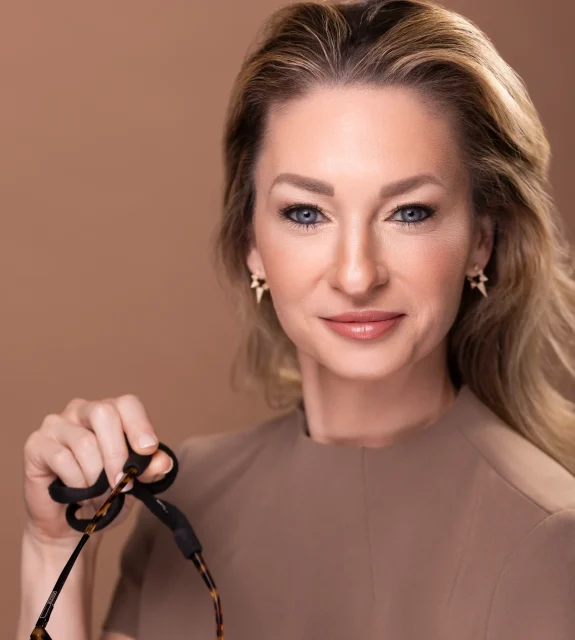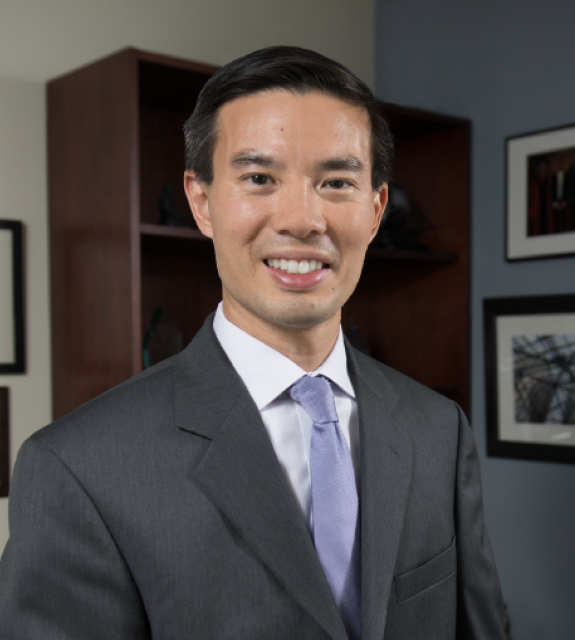 Photo Credit: Courtesy of Prostock-Studio/Shutterstock
Photo Credit: Courtesy of Prostock-Studio/Shutterstock
Hair loss, a common concern for both men and women, can be attributed to various factors ranging from genetic predisposition to hormonal changes and medical conditions. Recognizing the underlying causes is crucial for effective management and treatment. Here, we delve into the primary causes of hair loss in both genders and explore innovative solutions like Keralase™ and other available treatments.
1. Hereditary Factors: Heredity plays a significant role in hair loss, commonly referred to as male and female pattern baldness. Males typically experience a receding hairline and thinning on the crown, while females often notice a widening of the central hair part and thinning around the crown without affecting the frontal hairline.
2. Hormonal Changes: Hormonal fluctuations, particularly during puberty, pregnancy, childbirth, and menopause, can trigger temporary or prolonged hair loss. Hormonal imbalances, such as excessive dihydrotestosterone (DHT) in men and estrogen fluctuations in women, contribute to hair thinning.
3. Medications and Medical Conditions: Certain medications, such as those for cancer, arthritis, depression, and high blood pressure, can lead to hair loss as a side effect. Additionally, underlying medical conditions like thyroid disorders, autoimmune diseases, and scalp infections can also contribute to hair thinning.
4. Aging: As individuals age, the rate of hair growth slows down, and hair follicles may shrink, leading to thinner and weaker hair strands. Age-related hormonal changes further exacerbate the issue, making hair more susceptible to shedding.
Addressing Hair Loss with Innovative Solutions: Keralase™
Keralase™ laser treatment offers a cutting-edge solution for hair loss by utilizing Lutronic’s Lase MD® Ultra, a Thulium laser, to optimize scalp absorption properties. This virtually painless procedure is complemented by KeraFactorMD topical serum, containing bioidentical polypeptides that enhance thinning hair. With recommended monthly treatments and subsequent maintenance sessions, Keralase™ facilitates continuous hair improvement over 12-18 months, addressing the lifelong issue of hair loss effectively.
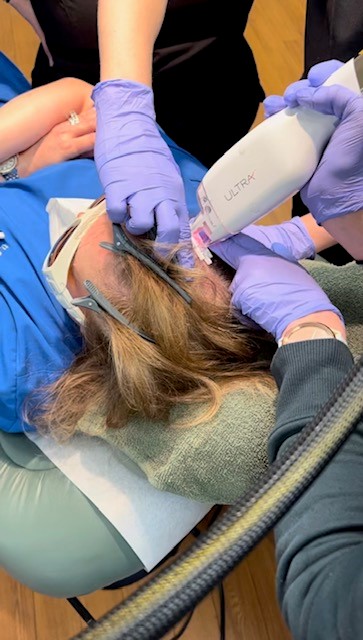 Photo Credit: Courtesy of Victoria A. Cirillo-Hyland, MD, FAAD
Photo Credit: Courtesy of Victoria A. Cirillo-Hyland, MD, FAAD
Exploring Diverse Treatment Modalities
To combat hair loss comprehensively, a combination of treatments proves most effective. Here are some notable options:
1. Platelet Rich Plasma (PRP): PRP therapy harnesses the healing properties of platelets to stimulate hair follicle rejuvenation. This procedure involves injecting a concentrated platelet solution into the scalp, promoting hair growth and strengthening follicles. Although not FDA-approved specifically for hair restoration, PRP has shown promising results in numerous studies.
2. Nutraceutical Supplementation: Nutritional supplements like Viviscal® Professional and Nutrafol offer drug-free alternatives to promote healthy hair growth. Formulated with clinically proven ingredients, these supplements nourish the hair from within, addressing underlying deficiencies and supporting optimal hair health.
3. Topical Solutions: Topical treatments such as Rogaine (Minoxidil) and Nutrafol Growth Activator Hair Serum target hair follicles directly, stimulating growth and prolonging the anagen phase. These solutions work by enhancing blood flow to the scalp and nourishing follicles, resulting in thicker, stronger hair over time.
4. Low-Level LED Light Therapy: Devices like Revian Red utilize LED light technology to enhance hair growth by stimulating cellular processes in the scalp. By increasing blood flow and reducing inflammation, LED therapy promotes the regeneration of hair follicles, leading to improved hair density and quality.
Hair loss can significantly impact self-esteem and quality of life, but with advancements in treatment modalities like Keralase™ and a comprehensive approach incorporating PRP, nutraceutical supplementation, topical solutions, and LED therapy, individuals can effectively manage and combat hair thinning. By understanding the root causes of hair loss and embracing innovative solutions, both men and women can regain confidence and achieve healthier, fuller-looking hair.
For more information, visit Victoria A. Cirillo-Hyland, MD, FAAD's social media:






